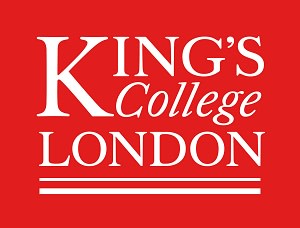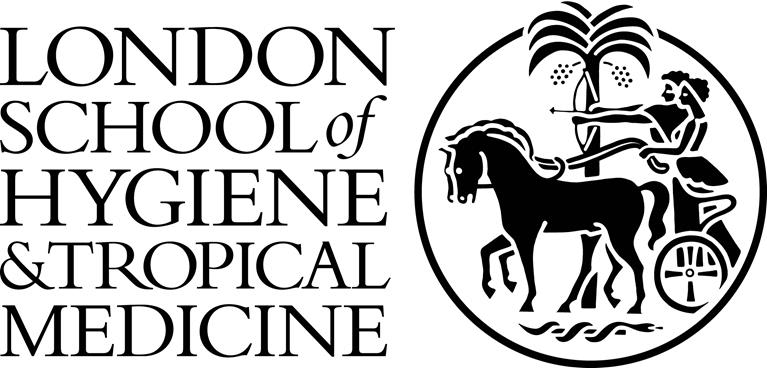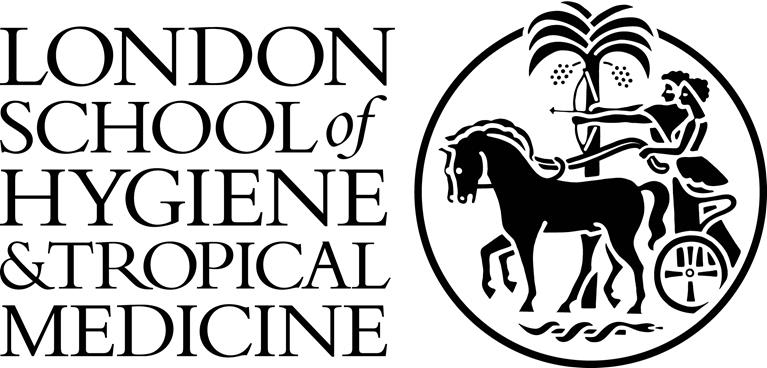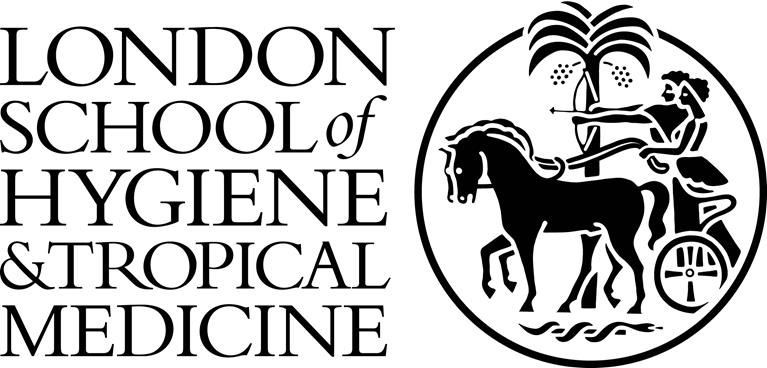Masters degrees in Nursing & Health provide advanced training and qualifications for a wide range of important medical and healthcare professions.
Some programmes form part of advanced qualification and registration pathways for work in nursing, midwifery and counselling.
Others are designed to offer continuing professional development. If you are a registered healthcare practitioner, a postgraduate degree may allow you to add to your existing skills and perhaps move into new specialisms. Popular areas include Paediatric Nursing, Neonatal Care, Mental Health Nursing and Occupational Health.
Programmes may award full taught or research-based Masters qualifications, but shorter Postgraduate Diplomas and Postgraduate Certificates are also available.
Why study a Masters in Nursing & Health?
If you are already a qualified nurse, counsellor, therapist or midwife, a postgraduate course could help you move to a more senior position, or enter a different niche. A wide range of specialisms are available, giving you the chance to focus on professional activities such as caring for premature babies, supporting parents and infants in the community, or helping combat diseases and other threats to children.
In some cases you may also be able to use a Masters in Nursing or Midwifery to enter these areas from another branch of medicine. Or you might take on additional postgraduate training in order to move into a general administrative or management role within a hospital or other organisation.
Earning a Masters degree in Nursing & Health can lead to increased earning potential for registered nurses. Individuals with a Master of Science in Nursing (MSN) generally earn higher salaries than those with only a Bachelor of Science in Nursing (BSN) or an associate degree in nursing (ADN).
Additionally, advanced practice registered nurses (APRNs), such as nurse practitioners, nurse anaesthetists, nurse midwives, and clinical nurse specialists, typically require a Masters degree to practice. These roles often come with higher salaries and greater responsibilities than other nursing positions.

 Continue with Facebook
Continue with Facebook
































